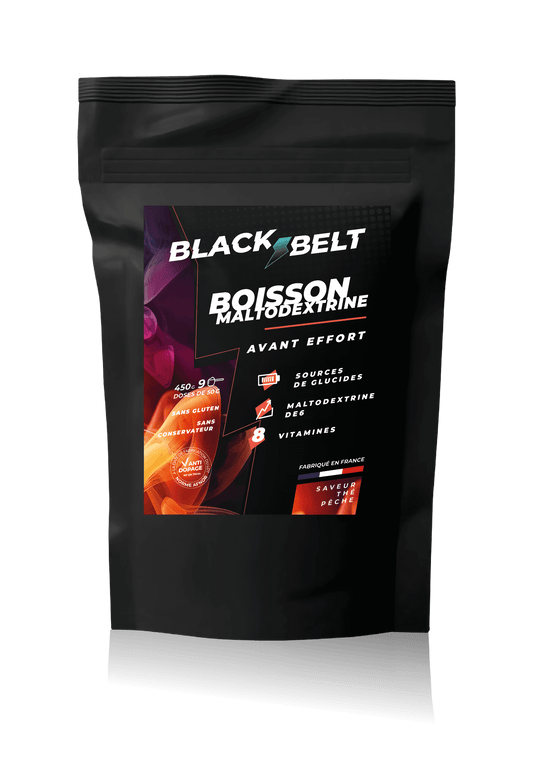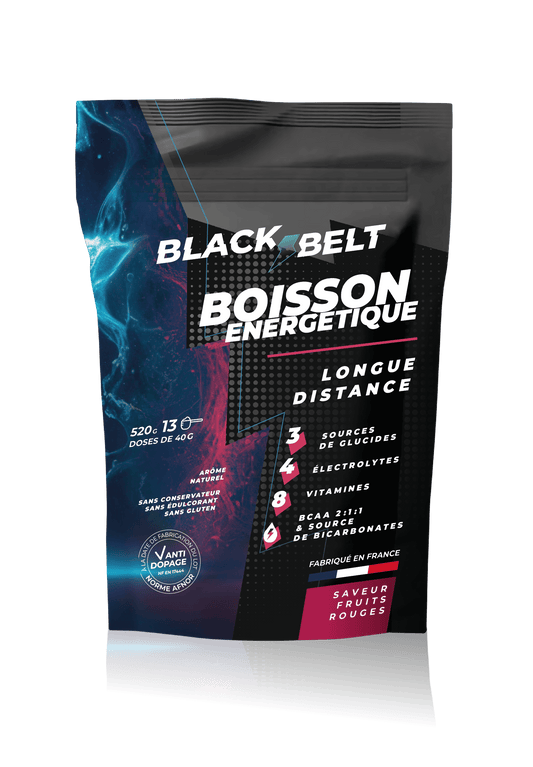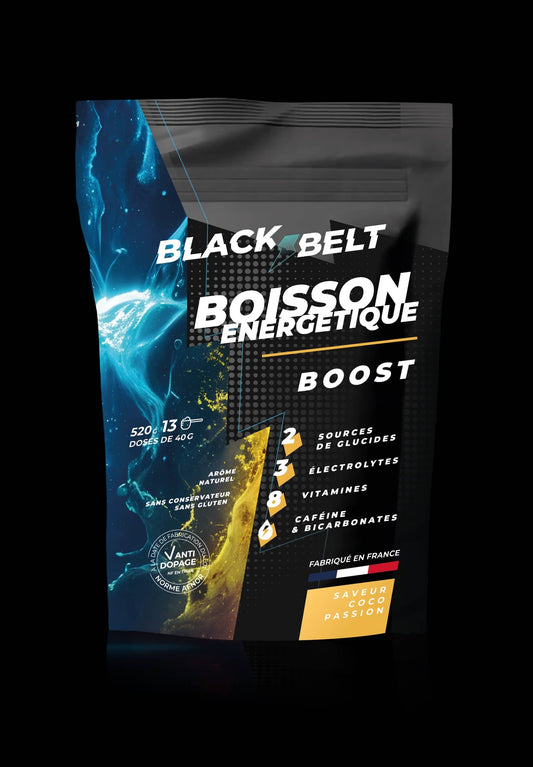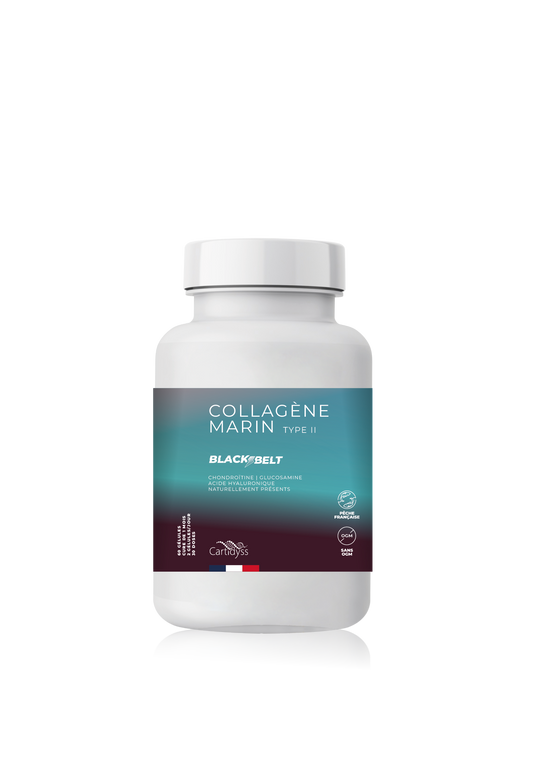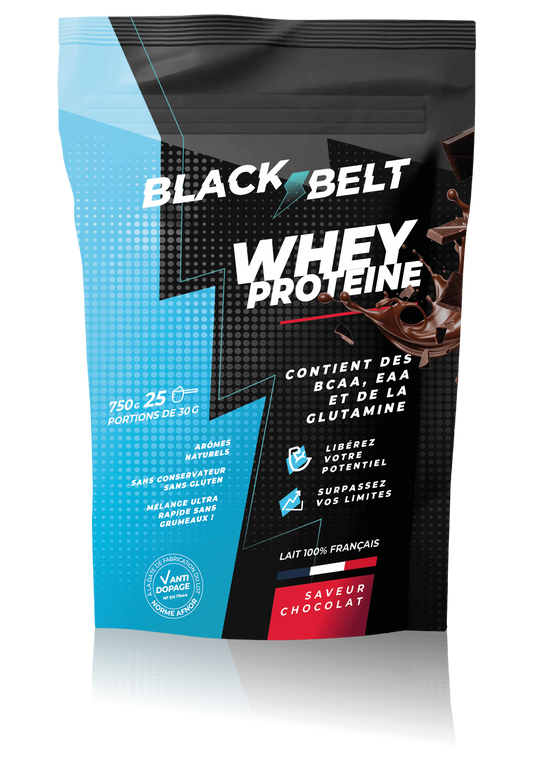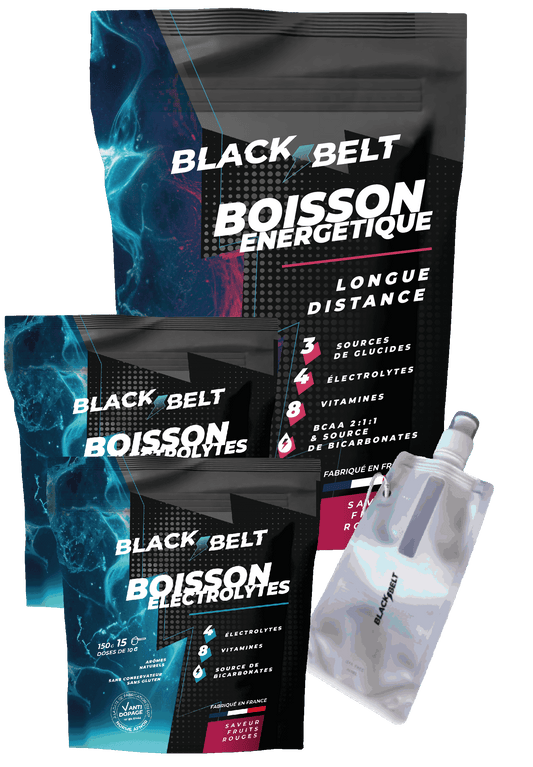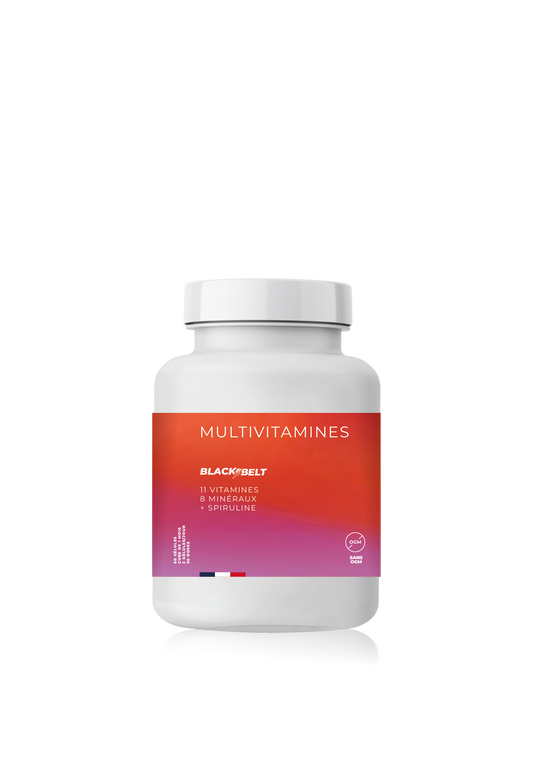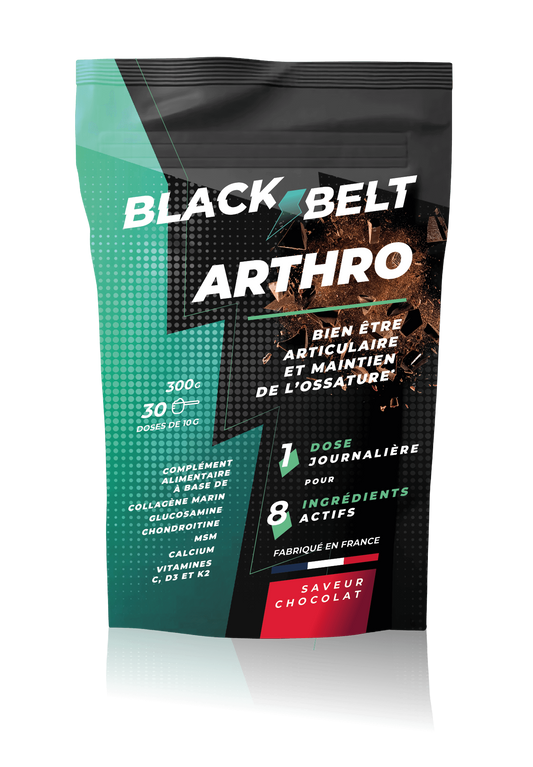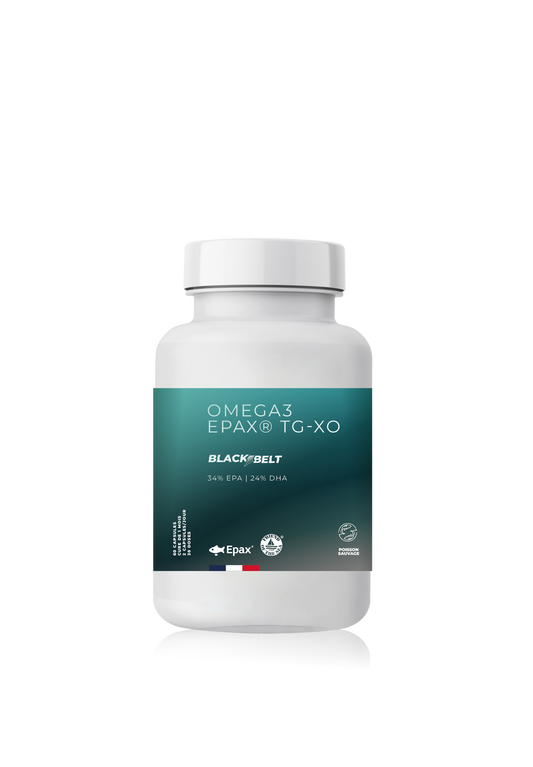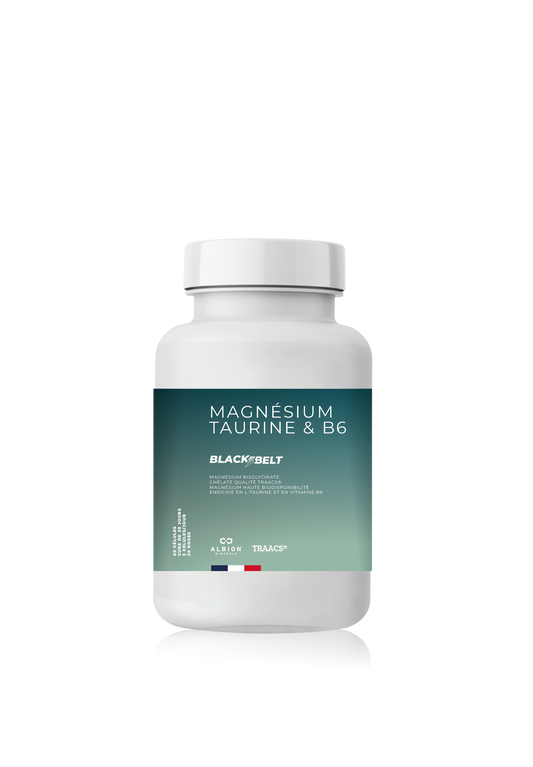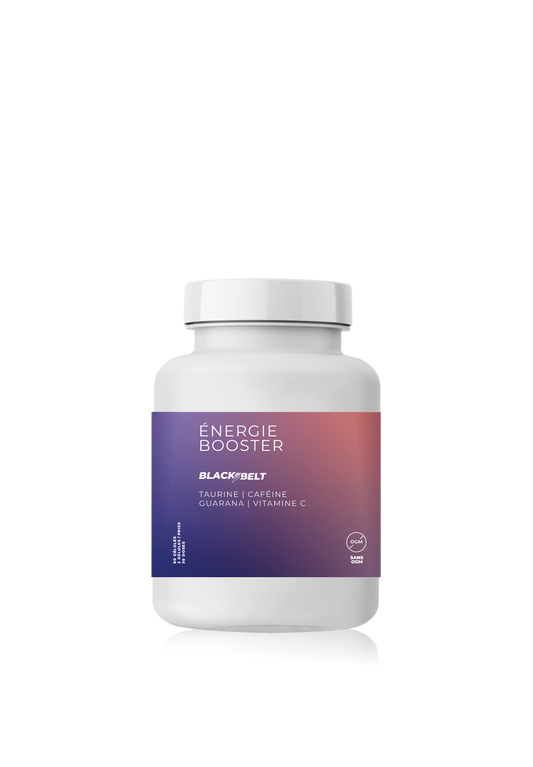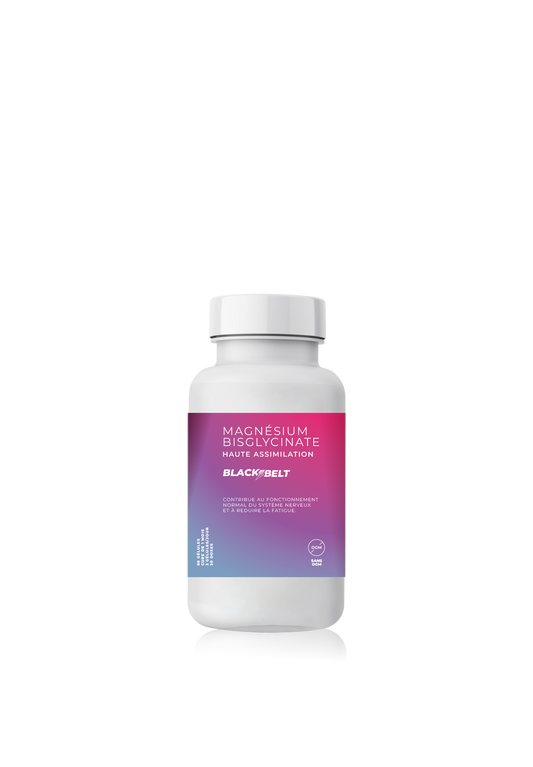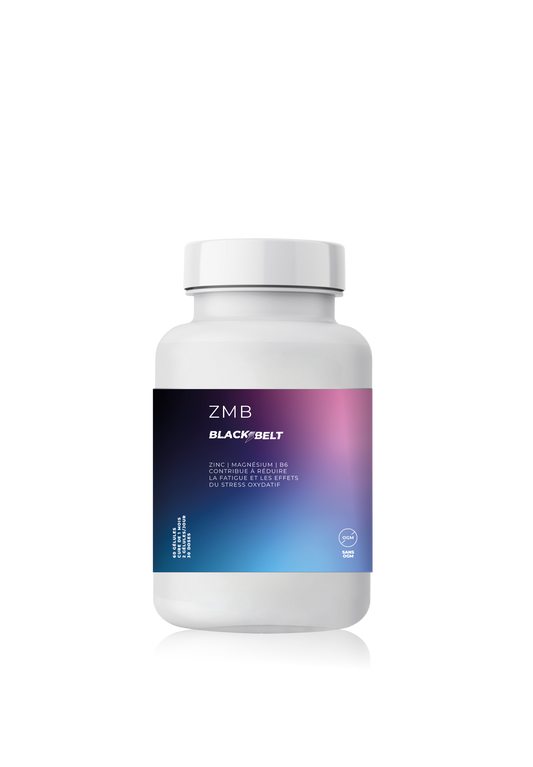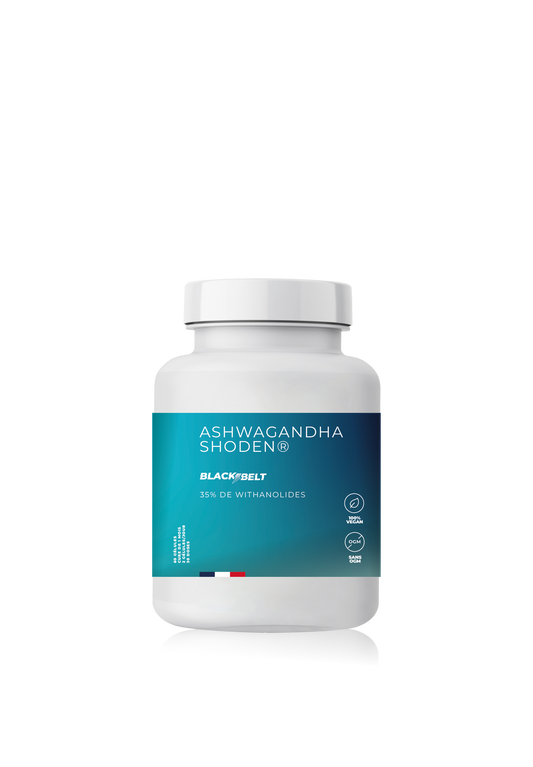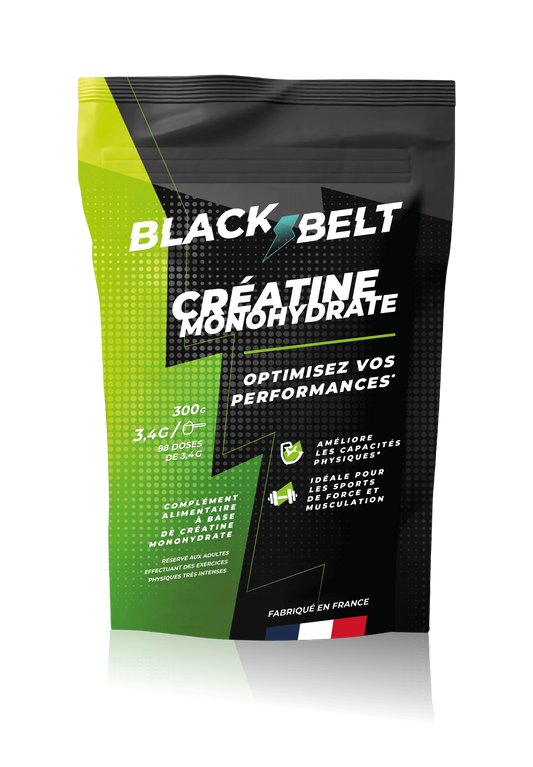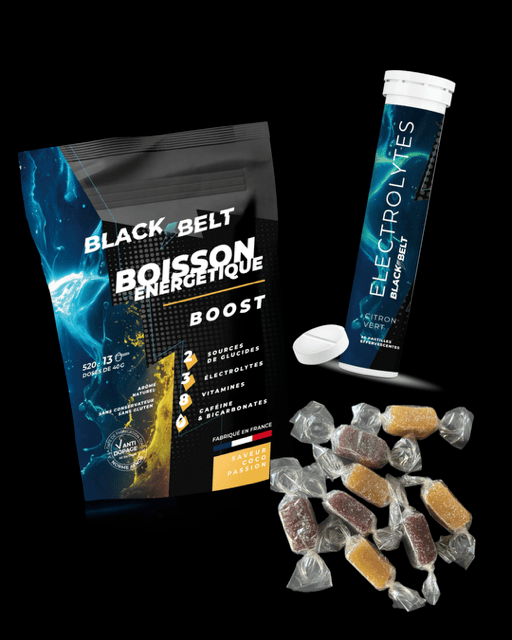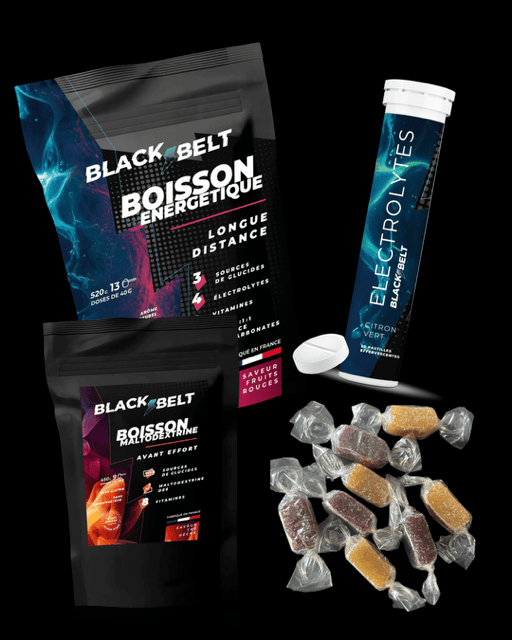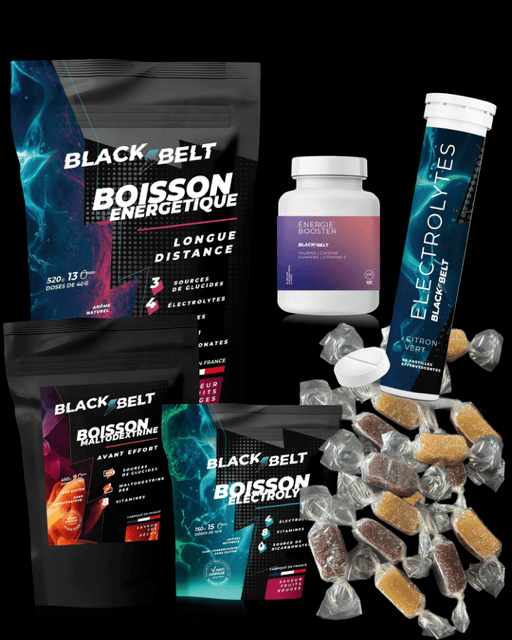
The crucial role of proteins: body & athletes
Share
Proteins play a fundamental role in the functioning of our bodies. Essential for tissue growth, repair, and maintenance, they are particularly crucial for athletes.
In this article, we will explore the role of protein in the human body and understand why it is so important for athletes.
What are proteins?
Proteins are macromolecules made up of amino acids, which are the building blocks of many biological processes.
There are 20 different amino acids, 9 of which are essential, meaning our bodies cannot produce them and they must be obtained through diet.
The roles of proteins in the human body
Tissue construction and repair
Protein is needed for the growth and repair of muscle, skin, and organ tissue.
They play a crucial role in the healing of injuries and wounds.
Production of enzymes and hormones
Enzymes, which catalyze chemical reactions in the body, are made of proteins.
Many hormones, such as insulin, are also proteins.
Immune system support
Antibodies, which fight infections and diseases, are proteins.
They play a vital role in maintaining health and immunity.
Transport and storage of molecules
Proteins transport vital substances in the blood, such as hemoglobin which carries oxygen, and store essential nutrients.
Maintaining fluid balance
Proteins help maintain water balance in the body by regulating the distribution of fluids between cells and tissues.
Why is protein important for athletes?
Protein requirements for athletes are generally higher than those of sedentary individuals due to increased muscle building and repair processes.
Here are some reasons why protein is essential for athletes:
Muscle growth
Protein is essential for muscle hypertrophy.
After intense training, muscles experience micro tears that require protein to repair and strengthen.
Recovery
Consuming protein after exercise helps speed muscle recovery by providing the amino acids needed to repair damaged tissue.
Performance
Adequate protein intake can improve athletic performance by promoting muscle strength, endurance, and power.
Weight management
Protein has a higher thermogenic effect than carbohydrates or fats, meaning it requires more energy to digest.
It can help increase metabolism and promote weight loss.
Injury prevention
A good protein intake can help strengthen connective tissues, tendons and ligaments, reducing the risk of injury.
How to integrate protein into the diet of athletes?
Protein-rich foods
Including high-quality protein sources in every meal is essential. Animal sources include meat, fish, eggs, and dairy products.
Plant sources include legumes, nuts, seeds, and soy products.
Protein supplements
For athletes with high protein needs, protein supplements such as whey, casein, or plant-based protein powders can be a convenient solution to meet their daily protein intake.
Protein Timing
Consuming protein throughout the day, and especially after workouts, is crucial to optimize protein synthesis and muscle recovery.
Our experts are available for consultations and for an estimate as well as more personal follow-up.
Conclusion
Proteins are essential for the proper functioning of the human body and play a vital role for athletes.
Whether for muscle growth, recovery, or performance, adequate protein intake is essential to achieving your fitness and health goals.
To learn more about protein, fitness-friendly diets, and personalized nutrition advice, continue exploring our blog.
We are committed to providing you with accurate and up-to-date information to help you maximize your performance and live a healthy, active life.









